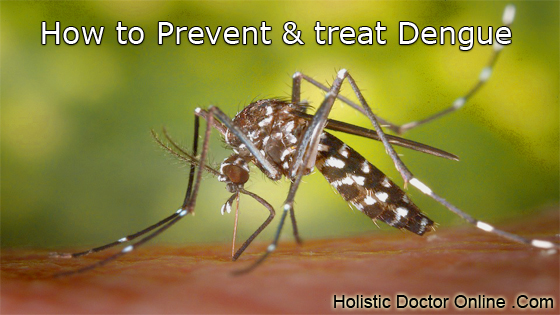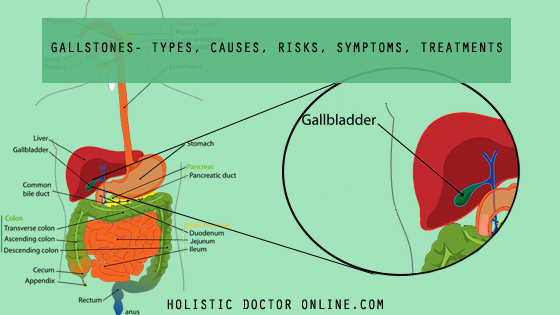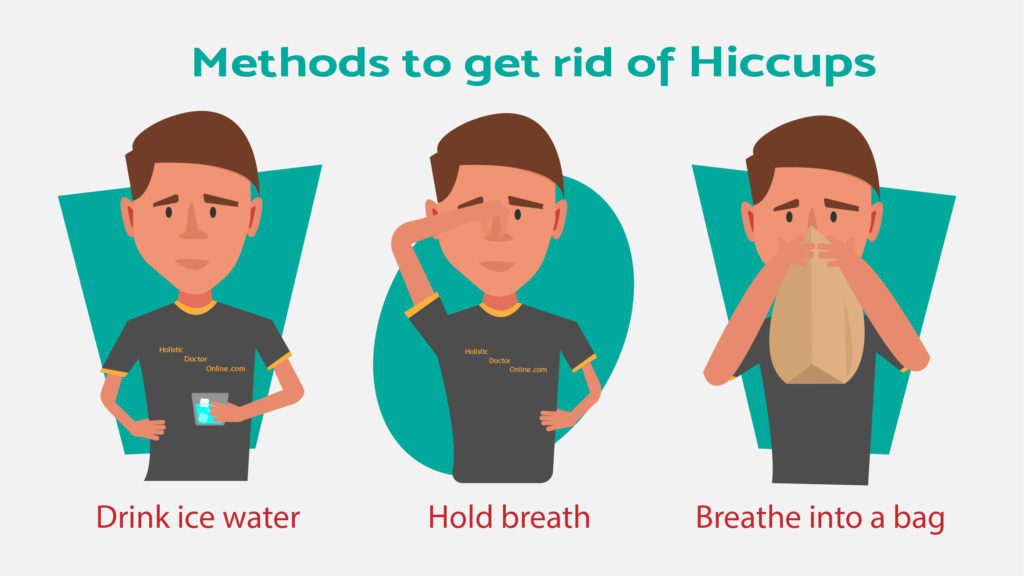
How to prevent and treat Dengue fever
Dengue fever is a type of viral fever caused by the RNA virus called dengue virus. Dengue fever spreads from one person to another through mosquito bite.
There is no direct spread from person to person. Infected Aedes aegypti mosquitoes (Asian tiger mosquitoes) spread the disease. Aedes mosquitoes breed in stagnant, clean and fresh water found around our houses.
Aedes mosquitoes usually bite the lower part of our body like legs and foot. They feed mostly on daytime.
How to identify Aedes mosquitoes?
Aedes mosquitoes are small, dark (mostly Black) mosquitoes with white stripes on their bodies and legs. So they are called as Asian tiger mosquitos.
Dengue fever mostly occurs in tropical and subtropical regions, like Asia, Africa, South America and Europe. Dengue fever affects around 2 to 3 billion people around the world.
There are 4 strains of dengue virus.(Dengue virus Strain 1,2,3 and4). If the person is affected by one strain he will have lifelong immunity for that strain and other strains can affect him.
Signs and symptoms of dengue fever
High Fever (Around 104 degree F), severe frontal headache (behind the eyeballs), severe body and joint pain (Break bone fever), nausea, vomiting, fatigue and maculopapular rashes around the face, neck, back and chest are the common symptoms of dengue fever.
In Dengue hemorrhagic fever, bleeding under the skin, conjunctiva, nose or gums can be seen.
In Dengue shock syndrome the blood pressure may drop to dangerously low level. Dengue fever affects many but only people with low immunity (like people with diabetes, AIDs, people on long-term steroids), children and elderly people will develop complications.
Incubation period: The symptoms of dengue fever appear after a period of 3 to 15 days after the mosquito bite.
Pathophysiology
When Aedes mosquito infected with dengue virus bites a person, the virus enters the bloodstream and enters the white blood cells, grow and reproduce inside the cells. The infected cells produce chemicals which increases the body temperature and severe body pain. The chemicals increase the permeability of blood vessels and fluid leaks into the body cavities producing low blood pressure (Dengue Shock Syndrome). Infection of bone marrow reduces platelet count and produces bleeding (Dengue Haemorrhagic Fever).
Tests for Dengue Fever
Complete blood count: White cell count may be reduced.
Platelet count: May be reduced. ( Normal: 1.5 to 4.5 L)
If platelet count falls below 50,000 there will be bleeding tendencies and if it falls below 20,000 platelet transfusion is necessary.
Rapid NS1 test ( Non Structural protein 1 test): Dengue antigen test-done on first 5 days for rapid detection.
IgM and IgG: (dengue virus antibodies)-Done after 5 days of fever.
ELISA: (enzyme-linked immunosorbent assay) is the commonly used test to detect dengue antibodies.
Haemagglutination inhibition test (HI): This test helps to differentiate between primary and secondary infection.
Direct dengue viral detection and culture can be done.
Liver function test and renal function test can be done to rule out liver and kidney involvement.
X-ray chest and ultrasound abdomen to see fluid collection (Pleural Effusion and Ascites). Blood sugar estimation to be done to rule out diabetes.
Treatment For dengue fever
No antiviral drugs available to treat dengue virus. Antibiotics are not effective on dengue virus.
Treatment is supportive care and symptomatic treatment.
Temperature can be brought done by Antipyretics (paracetamol) and tepid sponging.
Nonsteroidal anti-inflammatory drugs like aspirin and ibuprofen to be avoided to prevent bleeding.
Hydrate the body by drinking lots of fluids like water, lemon juice or orange juice. Oral electrolytes can be given.
Treatment for Dengue shock syndrome: Maintain blood pressure by intravenous fluids or plasma or volume expanders.
Treatment for Dengue hemorrhagic fever: If platelet count is very low Platelets can be replaced or blood transfusion can be given.
To increase platelet count drink papaya leaf juice or papaya juice.
Prevention of dengue fever
As there is no antiviral drug for dengue virus, prevention is the only way of controlling the disease.
Vaccination for dengue fever
Now a vaccine called Dengvaxia, approved by World Health Organization is available since 2016 and the vaccine is in use in many countries.
Preventive measures
Prevent mosquito breeding by removing all Aedes mosquitos breeding places like empty discarded tyres, cups, broken pots, broken bottles, coconuts shells etc… from our surroundings. So there won’t be any water collection for mosquitos to breed. Cover all water storing places like water tank, sumps, buckets and vessels. Change the water in all flower washes often.
Antilarval measures: Spray oil or chemicals over open water sources to kill larva or can grow fish which feed on larva.
Prevent mosquito entering houses by fixing mosquitos screens on windows and using mosquito repellents.
Prevent mosquito bite by using long sleeved dresses or sleeping inside the mosquito net.
Mosquito repellent, Mosquito coils and mosquito repellent vaporizers can be used to prevent mosquito bites.
Natural repellents are better as they are less harmful.






Dengue is fast spreading in Chennai and drinking Nilavembu or Papaya will be helpful.